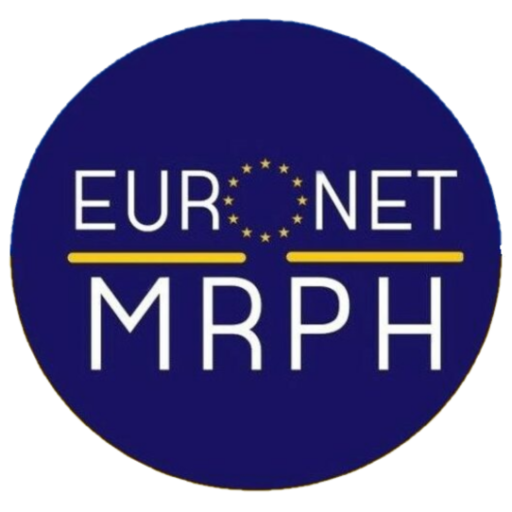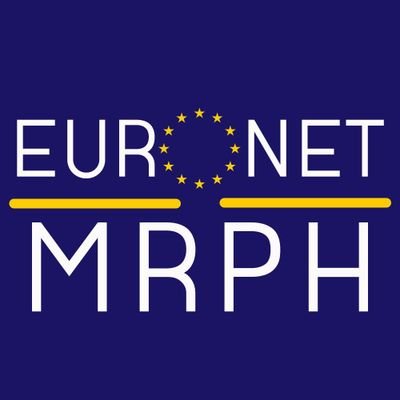The fight against smoking is an international problem and, in many cases, it is far from being adequately implemented. An essential starting point to perform a comprehensive and accurate medical program for smoking cessation is the healthcare professionals’ awareness about smoking products and smokers’ habits. In fact, in the last years, customers have changed their behaviours and tastes, switching from consumption of normal cigarettes to electronic cigarettes (e-cigarettes) or other nicotine and tobacco products.1
Available literature shows that the actual healthcare professionals’ level of knowledge on this issue is sub-optimal, with likely negative implications on chances to help users to undertake cessation or harm-reduction pathways.2
Public Health workforce – current and future – has a major role to play here, as on the identification of better prevention policies and strategies. Hence, the idea underpinning this Working Group with EuroNet MRPH. This research comes from a proposal joint with Prof. Josep Maria Ramon Torrell of the University of Barcelona, Spain (Hospital Universitari de Bellvitge): with him, we designed the study protocol, with the aims to evaluate, through a European cross-sectional survey, the current level of knowledge about e-cigarettes and tobacco harm reduction strategy, and to highlight possible weaknesses in public health residency curricula in order to enhance Public Health Residents’ competences on these topics.
References
- Farsalinos KE, Romagna G, Tsiapras D, et al. Characteristics, Perceived Side Effects and Benefits of Electronic Cigarette Use: A Worldwide Survey of More than 19,000 Consumers. Int. J. Environ. Res. Public Health 2014;11:4356-4373. doi:10.3390/ijerph110404356
- Moysidou A, Farsalinos KE, Voudris V, et al. Knowledge and Perceptions about Nicotine, Nicotine Replacement Therapies and Electronic Cigarettes among Healthcare Professionals in Greece. Int J Environ Res Public Health. 2016;13:514. doi:10.3390/ijerph13050514
_________________________
Pietro Ferrara
Department of Experimental Medicine University of Campania “Luigi Vanvitelli”, Naples, Italy

